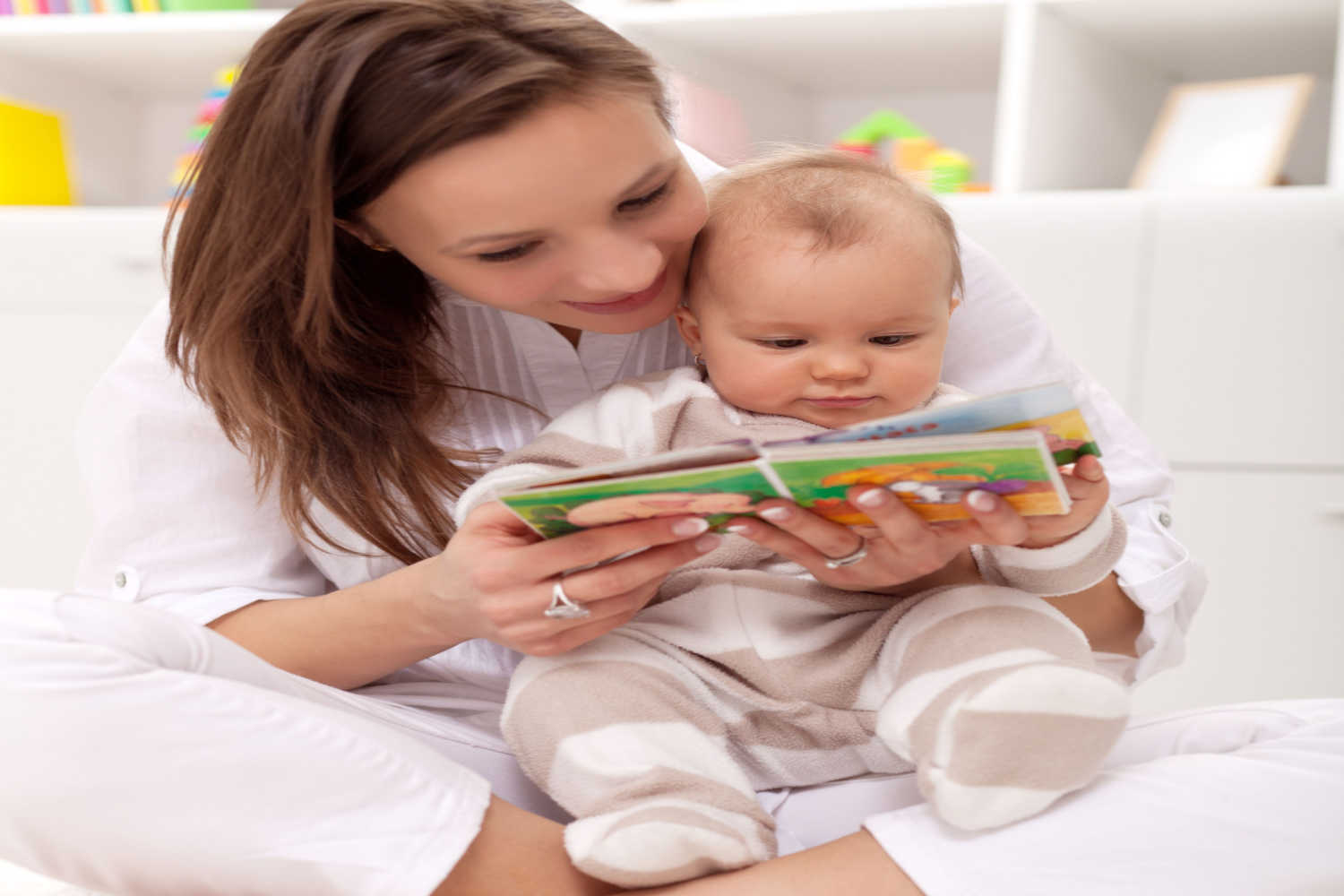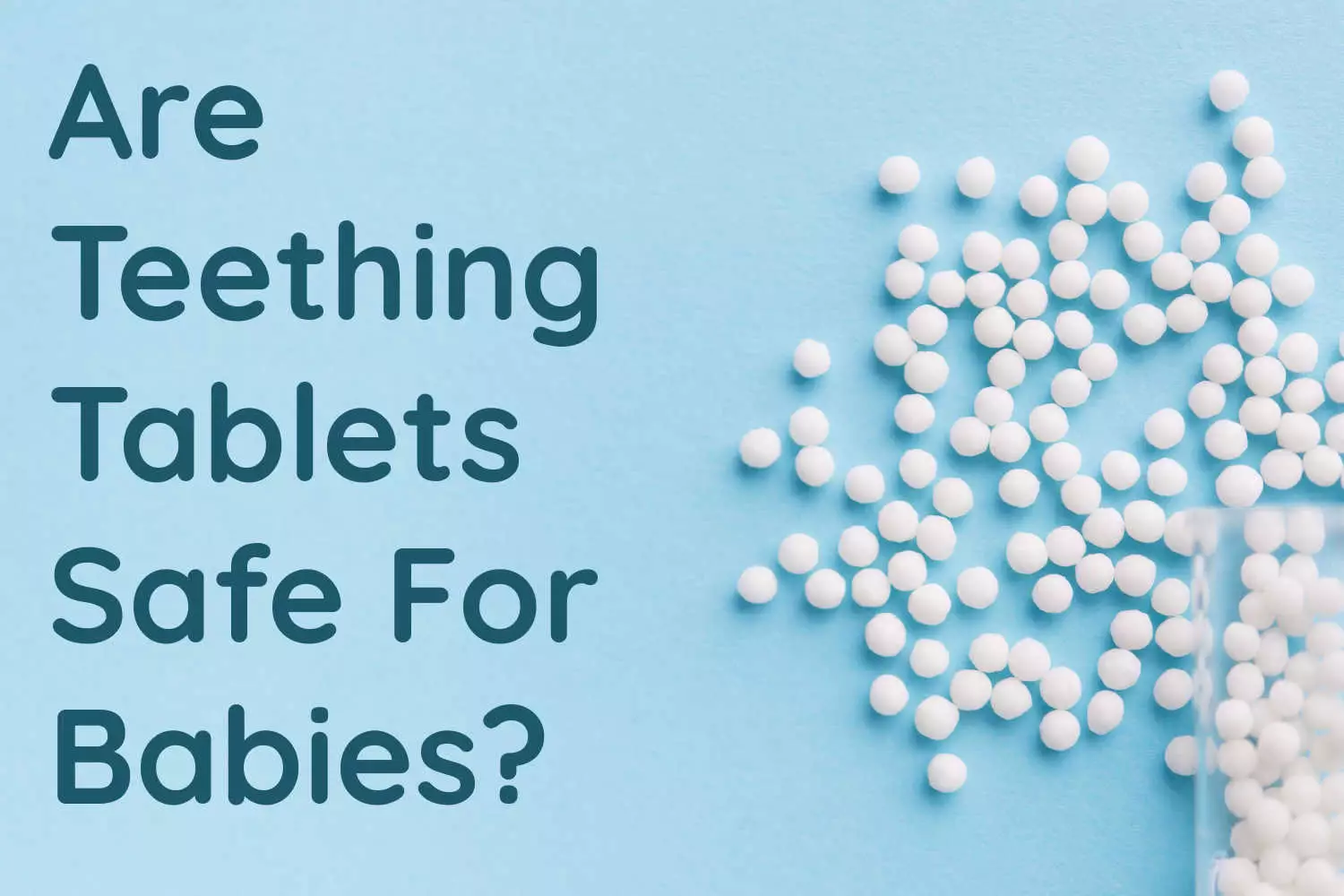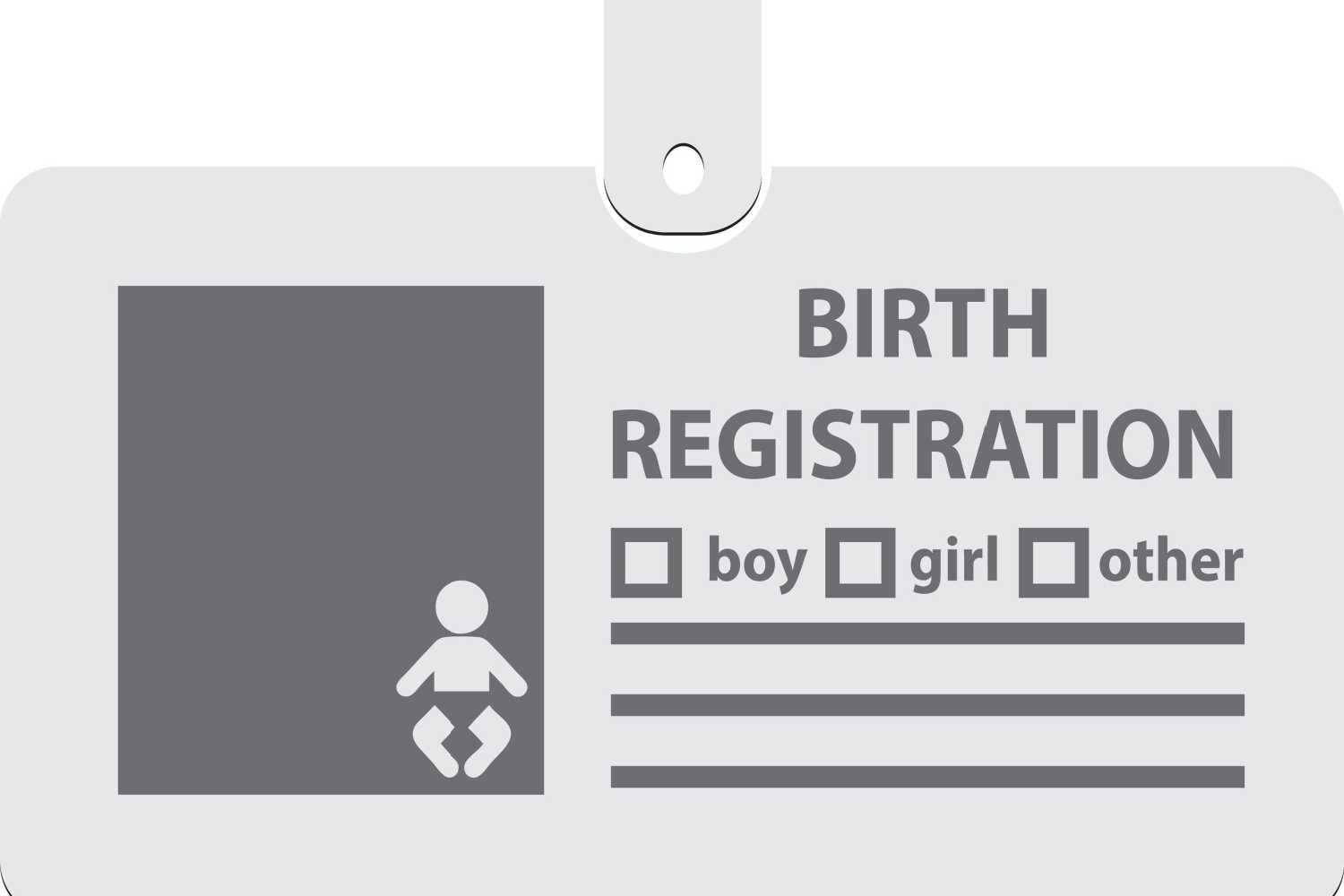
Baby Blues – Causes, Symptoms And Treatment
5 min readWritten by Editorial Team


You have brought a beautiful little baby into this world, congratulations! Your family and friends are celebrating. It has been a week now that the newborn has arrived and has completely changed your life. You are on top of the world. But sometimes you experience sudden pangs of sadness, anxiety, and mood swings. You feel guilty for not feeling connected with your little child at times. Sounds familiar, doesn’t it? You are experiencing the “baby blues”. Keep reading to know more about the baby blues.
It’s important to note that baby blues are different from postpartum depression (PPD). While baby blues are considered a normal part of the postpartum period and usually resolve on their own, PPD is a more severe and long-lasting condition that may require treatment. If you or someone you know is experiencing symptoms of baby blues or postpartum depression, it’s essential to reach out to a health care provider for support and guidance. They can help assess the situation and provide appropriate recommendations or interventions to help manage the emotional challenges associated with the postpartum period.
In This Article
- What Are Baby Blues? Are The Baby Blues Real?
- What Are The Causes Of The Baby Blues?
- What Are The Symptoms Of The Baby Blues?
- How Long Do The Baby Blues Last?
- How Can You Treat The Baby Blues?
- FAQ’s
What Are Baby Blues? Are The Baby Blues Real?
Yes, baby blues are real and about 70 percent of women experience them after childbirth, as per a general statistic. This condition is typically characterized by feeling low, tearful, drained out, extremely emotional, and irritable. However, there’s no need to panic as baby blues are not the same as postpartum depression or postnatal psychosis.
What Are The Causes Of The Baby Blues?

Your pregnancy is a happy period owing to the presence and production of hormones such as estrogen, progesterone, and endorphins or the ‘happy hormones’. These are the very hormones that support and sustain pregnancy and are produced by the placenta. As the baby is delivered, so is the placenta. Once the placenta is delivered, the body does not require the excessive production of these pregnancy-supporting hormones. Hence, their secretion is reduced to their original amount. This causes hormonal imbalances in the body. With the happy hormones gone or reduced, the new mother feels low, sad, anxious, or slightly depressed, even.
Add to this, the method of delivery, lack of sleep, baby’s feeding habits, and the difficulties in feeding – all add to the stress levels of the new mother. The thought of increased responsibility in caring for and raising a child can be overwhelming, to say the least. This mental and emotional stress and the bodily aches and pains cause the new mother to sometimes feel detached from her baby.
Also, as the ovaries are out of action for a good six months during your pregnancy, they take a while to start producing normal levels of hormones, on a sustainable basis. All these feelings can leave you confused and exhausted. And this is when you know you have been hit by the baby blues.
What Are The Symptoms Of The Baby Blues?

Once baby blues kick in, you may experience several or all of the below symptoms:
- Bursting into tears without an apparent reason or trigger
- Mood swings
- Anxiousness
- Fatigue
- Hypersensitivity to criticism
- Flagging spirits
- Indecisiveness
- Lack of concentration
- Insomnia
- Restlessness
How Long Do The Baby Blues Last?
Typically the symptoms of the “baby blues” last anywhere from a few minutes up to a few hours every day. Normally it is seen that within a couple of weeks after delivery these symptoms lessen or disappear in most new moms.
How Can You Treat The Baby Blues?

It is important to remember that baby blues are not equivalent to postpartum depression unless the symptoms are very pronounced, severe, and last longer than 14 days, and hence they do not need to be treated medically. While baby blues is not an illness and gets better with time, there are several small ways in which it can be eased out.
- Pay attention to your needs: Yes, you are getting used to a new routine and in the process, are juggling too much at the same time. Pause. Take some time out to understand your emotional needs and pay attention to them
- Eat well: With all the nursing and feeding woes that set in with the birth of your young one, you tend to ignore your food. Also, simple carbohydrates lead to stronger mood swings. Hence, eat healthy food in the right quantity
- Talk to someone: Talk to your spouse, parents or a dear friend who understands you and will not judge you. You could speak to your healthcare provider when you visit them for your monthly check-up. Since they meet and speak with many women, just like you, they really understand your problem, and will certainly hear you out
- Try to get enough sleep: This is easier said than done, but do try to catch those 40 winks whenever time permits. When the baby sleeps, take that quintessential 15-minute power nap. Sleeping well will make you relaxed, calm, and composed
- Get outdoors: Go for a small walk or a short stroll while wearing your baby. Some fresh air can throw in a lot of perspectives and make you feel rejuvenated.
- Get help from friends or family: To ease your life in the first few months of your little one’s life, ask friends or family to pitch in with help around the house. Or hire some help that can ease your hectic schedule
- Keep visitors to the minimum: More visitors mean more clutter and work around the house, along with having to care for the newborn. Make sure you keep the number of visitors down, especially if you do not have any help around the house
Now that you know what baby blues really mean, put that guilt away, get yourself together, and enjoy the most wonderful days of your life. Looking at your newborn and holding them in your arms are the best feelings any mother can experience!
Here’s to happier times!
FAQ’s
1. Does Breastfeeding Cause Baby Blues?
Breastfeeding itself does not directly cause baby blues. However, hormonal changes after childbirth, sleep deprivation, and other factors related to motherhood can contribute to the development of baby blues.
2. What Is The Difference Between Baby Blues v/s Postpartum Depression?
Baby blues are temporary and mild mood changes that occur within the first two weeks after childbirth, while postpartum depression is a more severe and persistent condition that can develop within the first year.

Editorial Team,
With a rich experience in pregnancy and parenting, our team of experts create insightful, well-curated, and easy-to-read content for our to-be-parents and parents at all stages of parenting.Read more.
Responses (0)
Want curated content sharply tailored for your exact stage of parenting?
Related articles

Green Parenting – 7 Ways To Raise An Eco Baby

Top 8 Best Cloth Books For Babies in First Year

Teething Tablets For Babies – Are They Safe, Side Effects and Alternatives

Birth Registration in India – When, How And Why

Positive Coombs Test in Newborns – What it is, When it is Done and How to Take Care

Psoriasis and Breastfeeding – Is it Safe, Treatment & Tips to Manage
Sponsored content
Discover great local businesses around you for your kids.
Get regular updates, great recommendations and other right stuff at the right time.





